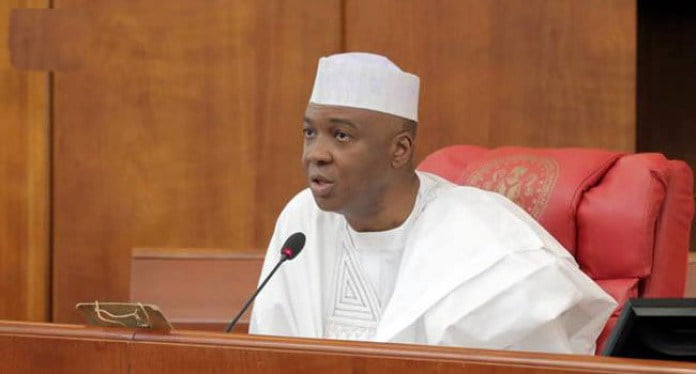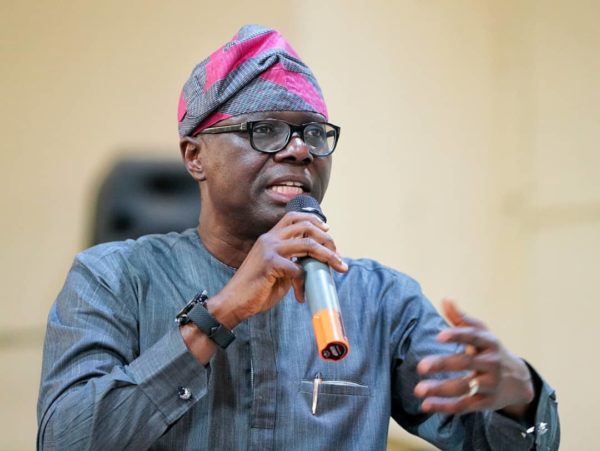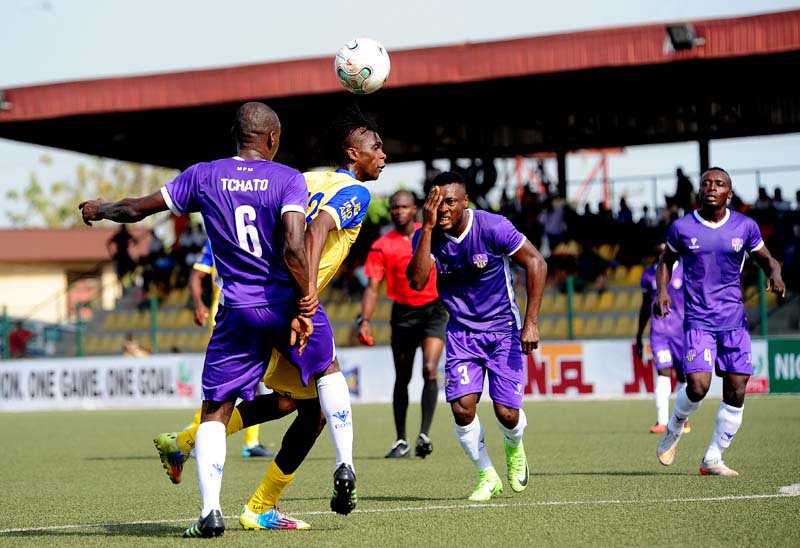The Nigeria Police Force has again invited Senate President Bukola Saraki for “further investigation” over an alleged link between him and suspected armed robbers that attacked six banks and killed 33 persons in Offa, Kwara State, on April 5.
The Senate president has been asked to appear at the office of intelligence response team (IRT) office in Abuja on Tuesday.
The police said 31 persons were killed in the robbery, describing it as the deadliest armed robbery in the country’s history.
Police spokesman Jimoh Moshood said in June that the gang leaders “have a direct link” to Saraki, pointing to a picture of one of the five gang leaders wearing a cloth used during the wedding is the Senate President.
The claims came a day after the National Assembly passed a vote of no confidence on the inspector-general of police Ibrahim Idris, whom the Nigerian Senate described last month as an “enemy of democracy, unfit to hold any public office within and outside Nigeria.”
On his part, Saraki insisted he had nothing to do with the crime. He said he was a victim of Inspector-General of Police’s plan to frame him up.
“Let it be known that there is no way I could have been associated with armed robbery against my people,” Saraki said.
“When the Offa robbery incident happened, I was the first top public official to pay a visit to the place and right there in the palace of the traditional ruler, I put a call through to this same Mr Ibrahim Idris, the IGP (Inspector General of police), requesting him to make certain specific security arrangements as demanded by the people,” he added.
Moshood insisted that the gang leaders confessed to working for Saraki as “political thugs under the name Youth Liberation Movement a.k.a. ‘Good Boys’.”
They also “admitted and confessed to have been sponsored with firearms, money and operational vehicles by the Senate President, Senator Bukola Saraki and the Governor of Kwara State, Alhaji Abdulfatah Ahmed.”




2 Comments